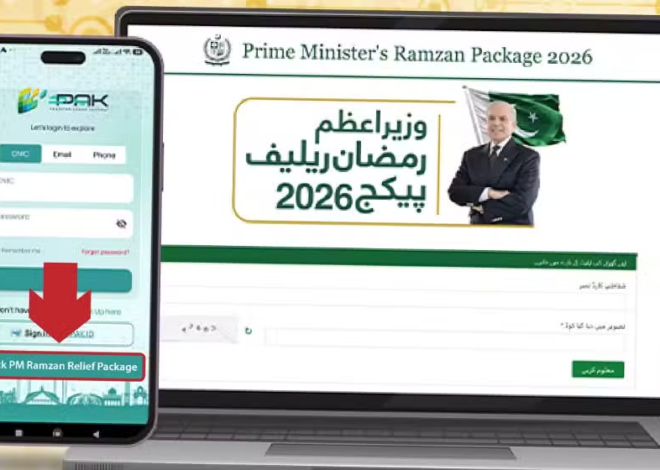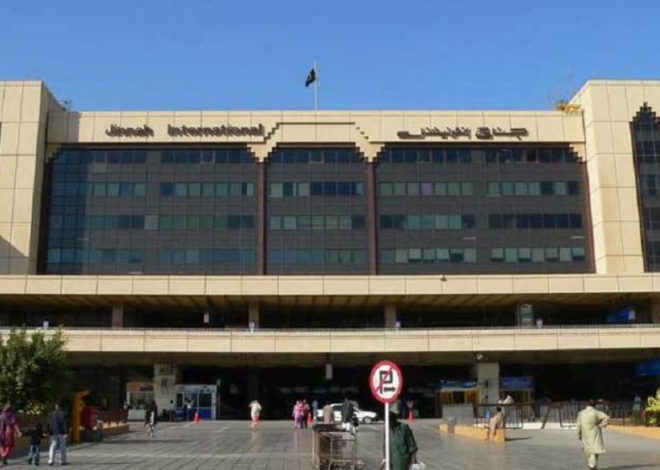
New government to sign $10 billion deal with IMF
The Ministry of Finance is currently engaged in discussions with the International Monetary Fund (IMF) regarding a new three-year loan, with the possibility of signing an $8-10 billion program once the current one concludes.
The aim is to secure an Extended Fund Facility loan program from the IMF, and the Ministry intends to assure the IMF of fulfilling conditions under this new program. As part of the negotiations, IMF proposals for the federal budget 2024-25 are expected to be submitted subsequently, with an anticipated increase in electricity and gas prices under the proposed loan program.
Further reduction in subsidies is also expected under the new loan terms, which are likely to be more stringent than the existing arrangement. These negotiations indicate the government’s reliance on external funding for economic stability, with IMF loans being crucial for managing fiscal deficits and stabilizing the economy.
However, stringent conditions may include fiscal reforms and austerity measures, placing the government under pressure to address economic challenges and debt sustainability. Balancing fiscal consolidation with social welfare remains a key challenge, and public reaction to potential increases in utility prices and subsidy cuts is important.
Therefore, the government needs to effectively communicate the rationale behind IMF negotiations to the public, as transparency in negotiations and implementation is crucial for public trust. While IMF loans can provide short-term relief, their success is contingent on the effective implementation of reforms. Ultimately, the outcome of these negotiations will have significant implications for the economy and society, as collaboration with the IMF reflects the government’s commitment to fiscal discipline and reform.
Also, see:
Malaysia Visit Visa Fee for Pakistani Citizens: February 2024







